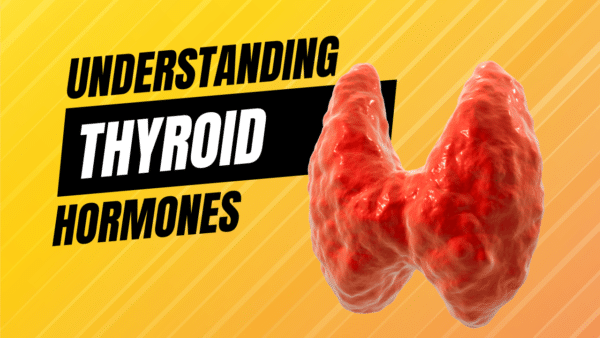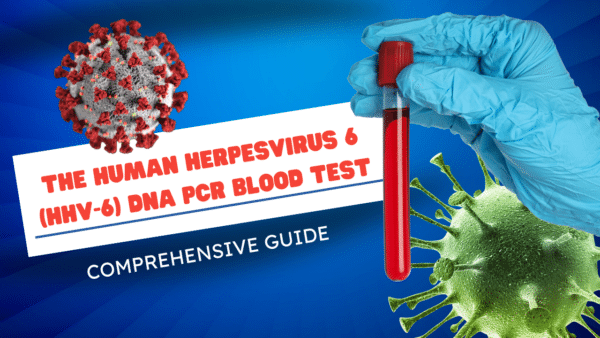As a global community, we recognize the importance of routine medical procedures and preventive care. However, one barrier often stands in the way of many – needle anxiety. Let’s delve into the depths of this common fear, exploring its roots, its consequences, and, most importantly, how we can collectively work towards overcoming it.
What is Needle Anxiety? A Comprehensive Analysis
Needle anxiety, also known as Trypanophobia, is a health-related phobia where individuals exhibit intense fear or anxiety about medical procedures involving injections or hypodermic needles. It often arises from traumatic experiences, fear of pain, or even the sight of a needle.
Needle anxiety is not to be taken lightly, as it can lead to avoidance of necessary medical care, like vaccinations, blood tests, or other vital procedures.
The Psychological Roots of Needle Anxiety
To fully grasp the severity of needle anxiety, it’s essential to understand its psychological roots. Many people associate needles with discomfort and pain from an early age, leading to a strong aversion that can persist into adulthood.
In some cases, this fear is strengthened by negative or traumatic experiences related to medical procedures. For others, it may be tied to a broader anxiety disorder or specific phobias, such as a fear of pain (Algophobia), or a fear of medical procedures (Tomophobia).
The Repercussions of Needle Anxiety on Global Health
The effects of needle anxiety stretch far beyond individual discomfort. This fear can be a significant barrier to accessing necessary health services and can also have a broader impact on public health.
For instance, fear of needles has been linked to lower vaccination rates, a major concern given vaccines’ pivotal role in preventing the spread of infectious diseases. Delaying or avoiding medical procedures due to needle anxiety can also lead to worsening health conditions, emphasizing the importance of addressing this phobia.
Overcoming Needle Anxiety: A Step-by-Step Approach
Overcoming needle anxiety is not an overnight process. It takes time, patience, and a concerted effort. However, it is absolutely achievable. Here are some proven strategies that can help:
Educate Yourself
Knowledge is power. Understanding that needles are essential tools in medical diagnosis and treatment can help reduce the fear associated with them. Recognize that the slight discomfort felt during an injection is often outweighed by the benefits of the procedure.
Deep Breathing and Relaxation Techniques
Practicing deep breathing exercises and other relaxation techniques before a procedure can help manage anxiety. Mindfulness meditation and guided imagery can also be beneficial.
Gradual Exposure Therapy
This involves slowly exposing yourself to the fear-inducing object or situation (in this case, needles), starting from the least fear-provoking scenario and gradually working up to facing the actual fear.
Cognitive Behavioral Therapy (CBT)
CBT is a type of psychological treatment that can help you understand and change thought patterns leading to harmful behaviors or distressing feelings. This therapy can provide strategies to cope with needle anxiety.
Advancements in Technology: Aiding in Needle Anxiety Relief
Beyond psychological interventions, advancements in technology are also making it easier to deal with needle anxiety. For example, devices that distract patients during needle procedures or numb the injection site can help make the process more comfortable.
In summary, needle anxiety is a common yet serious concern that can interfere with receiving critical medical care. However, it can be managed and overcome through education, relaxation techniques, therapy, and technology advancements.

